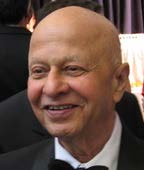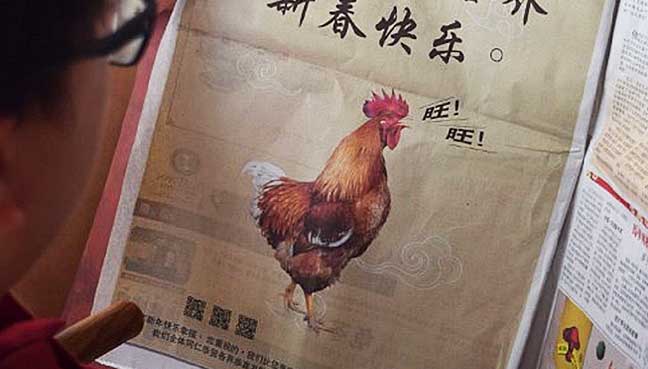An experiment with echoing Echos
Henry Cooke (aka "prehensile" on GitHub) has hatched a fascinating techno-artistic experiment. He set up two Amazon Echos to talk back and forth, each repeating a text to the other, with every iteration introducing new errors. His initial inspiration was "I Am Sitting in a Room," a 1969 work of acoustic art by Alvin Lucier, in which a text is recorded and re-recorded until all that is left is the hum of resonant frequencies in the room. (You can watch a 2014 performance with Lucier here.) Rather than replicate Lucier's text, Cooke created new ones for the two Echos to vocalize, with an added wrinkle: iterations of the texts follow the Oulipo S+7 constraint, in which each noun is replaced by another noun appearing seven steps away in the dictionary. You can see the first ten iterations (using Amazon Polly to synthesize different voices) in this video.
Read the rest of this entry »



